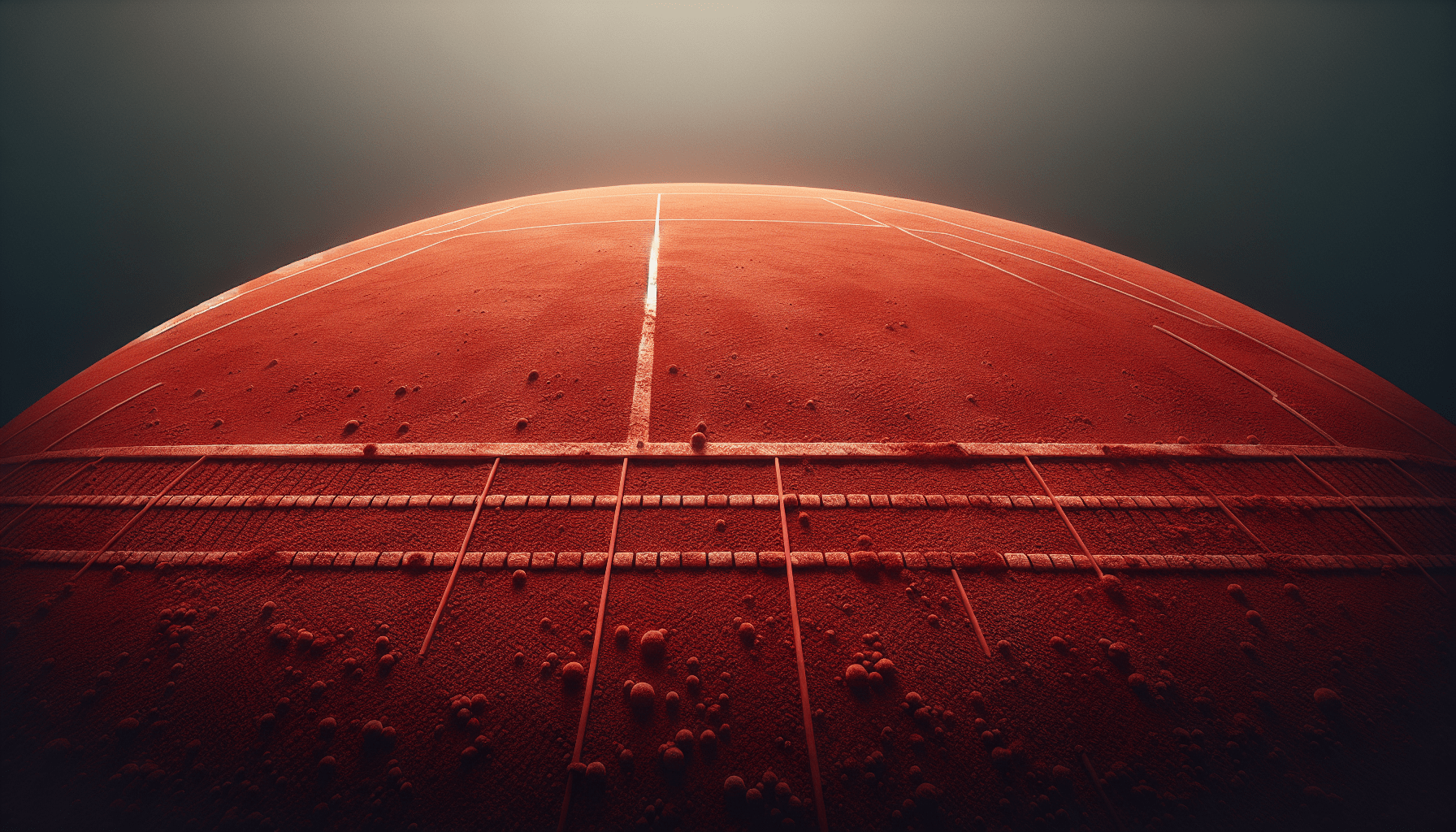Is The French Open The Hardest To Win?
Is the French Open the hardest to win? Let’s take a closer look at what makes this prestigious tennis tournament unique and challenging.

History of the French Open
The French Open, also known as Roland Garros, is one of the four Grand Slam tennis tournaments. It is held annually in Paris, France, and is the only Grand Slam played on clay courts. With a history dating back to 1891, the French Open has a long-standing tradition of elite tennis competition.
Clay Court Challenges
One of the main reasons why the French Open is considered the hardest to win is due to the surface it is played on – clay courts. Clay courts are slower than grass and hard courts, making the game more physically demanding and requiring different playing techniques. Players must adapt their game to the unique challenges of clay, such as the high bounce and sliding movements.
Unique Characteristics of the French Open
In addition to the clay courts, there are several unique characteristics of the French Open that add to its difficulty level for players.
Best-of-Five Sets
Unlike some other tournaments that play best-of-three sets, the French Open matches are best-of-five sets for men and best-of-three sets for women. This extended format requires players to have exceptional physical endurance and mental toughness to outlast their opponents in longer matches.
Unpredictable Weather
The French Open is held in late spring, which means that the weather can often be unpredictable. Players may have to contend with rain delays, wind, and varying temperatures, adding an additional challenge to their performance on the court.
Roland Garros Atmosphere
The atmosphere at Roland Garros is known for its passionate fans and unique cultural experience. The pressure and expectations of playing in front of a French crowd can be overwhelming for some players, further adding to the difficulty level of the tournament.
Winning Strategies for the French Open
While the French Open presents unique challenges, there are some winning strategies that players can employ to increase their chances of success at the tournament.
Adaptability
One of the key strategies for winning at the French Open is adaptability. Players must be able to adjust their game to the slower pace of clay courts and make quick decisions based on the changing conditions of the court and weather.
Strong Defense
Given the long rallies and high bounce on clay courts, having a strong defensive game is crucial for success at the French Open. Players must be able to retrieve shots, anticipate their opponent’s moves, and stay mentally focused during intense points.
Physical Conditioning
The physically demanding nature of the French Open requires players to be in top physical condition. Endurance, speed, and strength are essential for sustaining long matches and recovering quickly between points.
Mental Toughness
In addition to physical fitness, mental toughness is a key factor in winning at the French Open. Players must be able to handle the pressure of the tournament, stay focused during difficult moments, and maintain a positive mindset throughout the competition.
Notable French Open Champions
Over the years, there have been several standout players who have conquered the challenges of the French Open and emerged as champions.
Rafael Nadal
Known as the “King of Clay,” Rafael Nadal holds the record for the most French Open titles with an incredible 13 championships. His dominance on clay courts and unparalleled consistency have made him a formidable opponent at Roland Garros.
Chris Evert
Chris Evert, also known as the “Queen of Clay,” has won the French Open a remarkable seven times. Her graceful playing style and mental fortitude made her a force to be reckoned with on the clay courts of Roland Garros.
Bjorn Borg
Bjorn Borg is another tennis legend who has left his mark on the French Open, winning the tournament six times. His powerful baseline game and calm demeanor on court made him a tough competitor at Roland Garros.

Conclusion
While the French Open is undoubtedly a challenging tournament to win, the unique characteristics and history of the event make it a prestigious and highly coveted title for tennis players around the world. By understanding the complexities of playing on clay courts, adapting strategies, and honing their mental and physical skills, players can increase their chances of success at the French Open. Ultimately, winning at Roland Garros requires a combination of talent, dedication, and resilience – qualities that define true champions in the sport of tennis.
